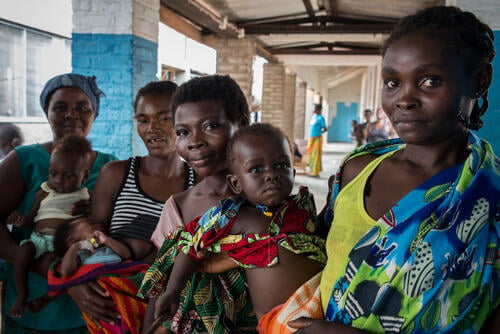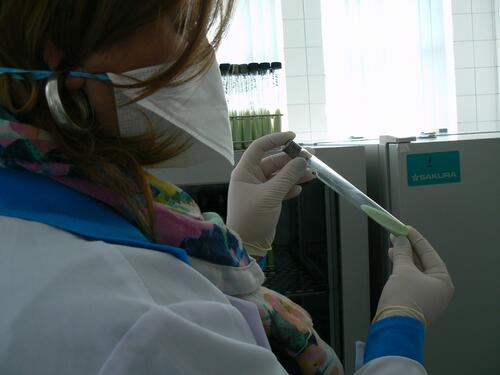
Armenia
During the late 1990s and early 2000s, we provided medical and therapeutic care to children with a physical and/or mental disability, in a special education complex in Yerevan; this project was closed in 2004.
More recently, we focused on implementing new regimens for patients with multidrug-resistant tuberculosis (MDR-TB) in Armenia, which has one of the highest rates of the disease in the world. We had been working with the national tuberculosis programme in Yerevan, the capital, since 2005, before implementing our own programme to treat drug-resistant TB in 2015. This programme, which also included medical research, saw patients treated with bedaquiline and delamanid, two of the newest drugs to treat TB; Armenia was one of the first countries in the world to authorise their use.
During our three decades in the country, we worked in Nagorno-Karabakh, a self-proclaimed republic internationally recognised as belonging to Azerbaijan, but which is home to many ethnic Armenians. Activities there included the provision of medical equipment and support during the Nagorno-Karabakh war (1992–1997), and a TB project (1997-2003).
Our activities in Armenia in 2022
Data and information from the International Activity Report 2022.
23
23
€1.8 M
1.8M
1988
1988
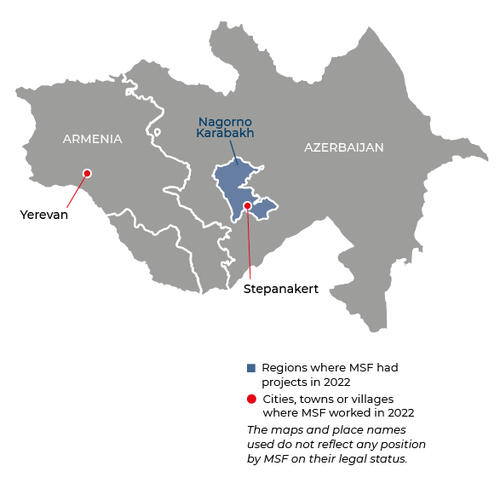
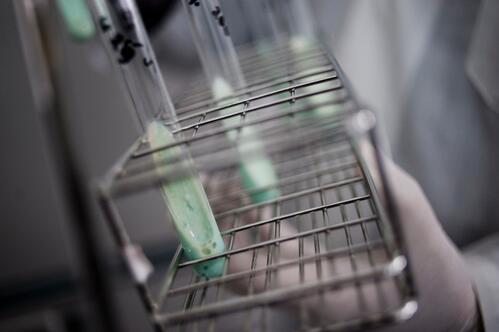
Drug-resistant tuberculosis: 30 years of MSF in Armenia
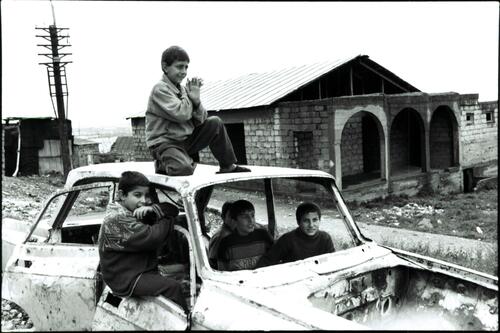
Children in difficult situations: 30 years of MSF in Armenia
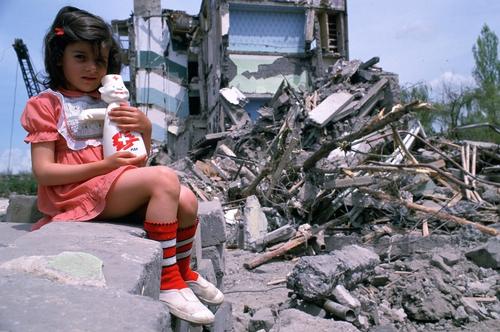
Earthquake response: 30 years of MSF in Armenia
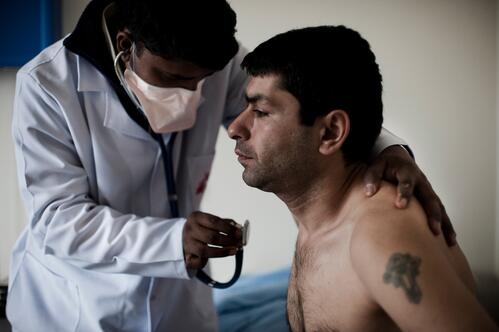
MSF: 25 years in Armenia

Multidrug-resistant TB patient stories

